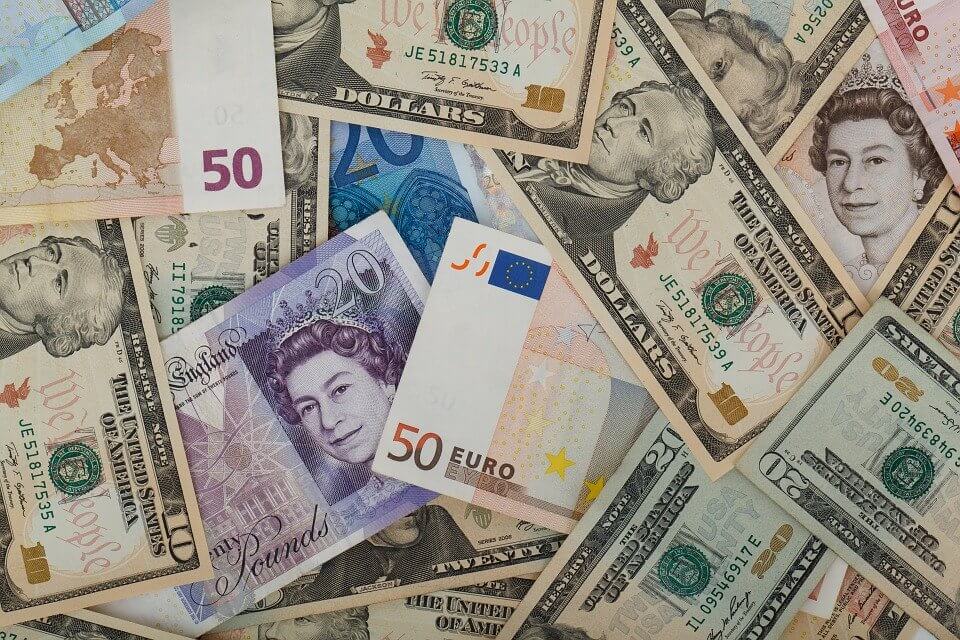The Basic Fundamentals of Foreign Exchange Market

The investment world is intricate and complicated, with dozens of different markets and ventures. Every year, those markets grow in both value and importance, because they keep getting fresh blood since a lot of people keep coming to the realization that investment is a must in a world where economies are failing and prices are skyrocketing. One of the most popular ventures out there is the foreign exchange market, but you can't really start investing in it unless you understand what exactly it is and how it works.
What is the foreign exchange market?
In simple terms, it's a currency market where traders deal in all sorts of foreign currencies. Also known as Forex, this is the largest investment market in the world with a continued growth, no matter what happens really. It's like any other market that trades in assets or stocks, but this one deals in foreign currencies. It might seem like an easy notion that you just trade currency and hope to make a killing, but that kind of thinking is why a lot of first time traders fail in forex. There's a pretty elaborate learning curve that you have to go through in order to really make something out of your time in forex.
How does it work?
A currency is traded against another –– they usually go in pairs like USD/EUR. Forex is open 24/7 and it only closes from Friday evening to Sunday evening, but there are three main sessions for trading over that 24-hour frame: United States, Asian, and European trading sessions. Over the course of forex trading, currency prices fluctuate based on several factors which we'll discuss further below, but they include stability of the country, economic factors, financial flow, and others.
What happens is, currency is traded in different lots, each with a certain size. The smallest is the micro-lot, which offers 1,000 units of a certain currency –– if you have a euro account, a micro-lot would be 1,000 euros. Then you have a mini-lot, which is 10,000 units, and the standard lot is 100,000 units. In order to trade in this market, you have to both buy and sell a currency; it's not like the stock market where you can just buy or sell a certain stock.
As mentioned earlier the trading is done in pairs, and each is priced out to the fourth decimal. The smallest increment of trade you can use is called a pip –– percentage in point, and it equals 0.01 of 1 percent. After knowing all those basics, you get to trade in the currency pairs you want.

Technology and forex
While technology has changed everything over the past couple of decades, and everything we do is now being digitized, the foreign exchange market has benefited the most from such evolution. In the past, you'd need to be an actual broker or deal with professional ones in order to get into that world. But now, as shown on Forex Trading Online, everyone can try their luck with this market using online platforms. You can learn how to trade in currency from scratch, and you don't need to leave your home to do so, which really changed the game. A lot more people started using the internet and the available digital sources to learn about forex, and they started trading online because plenty of brokers began offering their services via the internet.
Factors affecting forex
The entire foreign exchange market depends on currency fluctuations, and that's how traders make a profit. But what exactly affects the currency movement of a country? There are a lot of factors actually. Economic indicators, for starters, about how the country's economy is doing makes a lot of difference in the state of its currency. Things like unemployment and housing stats are all part of those economic indicators. The political situation and just how stable the country is also matter in the state of the currency and how it will fare in the forex market. Then you have supply and demand, which is one of the most powerful factors affecting forex. If there is an increasing demand for dollars in the world, its value will simply increase.
At the end of the day, the forex world is huge, and there is a lot that you need to understand about it before delving into trading. Fortunately, accessing this knowledge is now easier than ever because of the internet, and you can't afford to waste such a valuable resource. If you really want to dabble in currency markets, do yourself a favor and spend some time researching the ins and outs of the trade and talk to experts so you don't end up losing a lot of money.
839GYLCCC1992



Leave a Reply